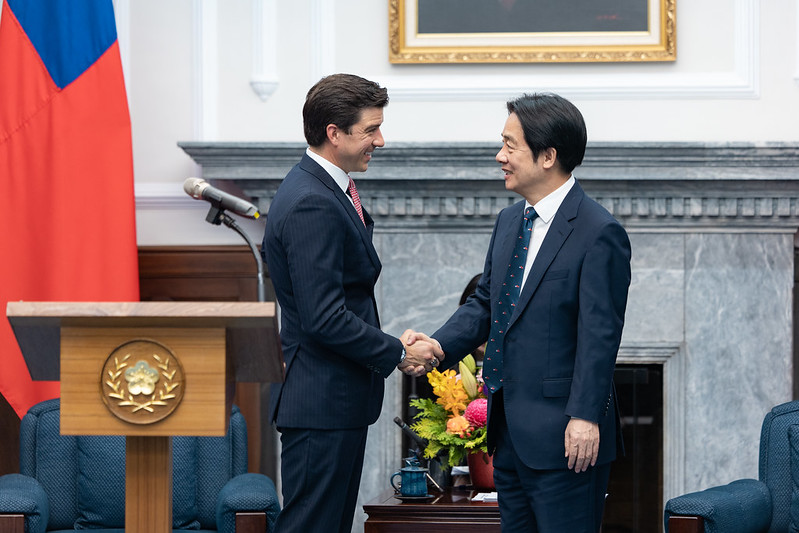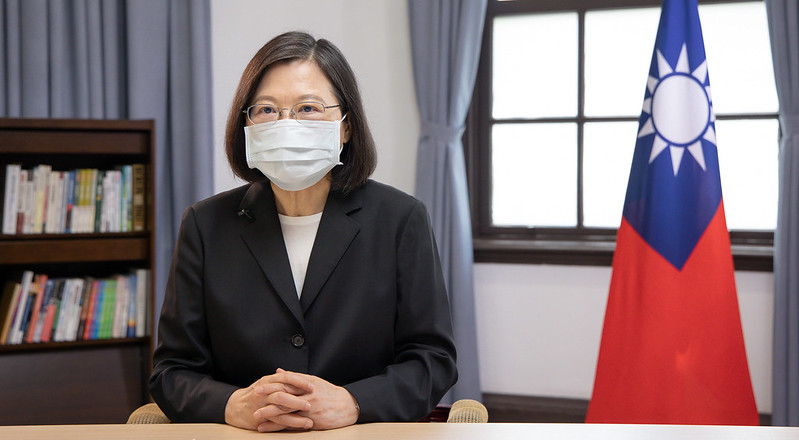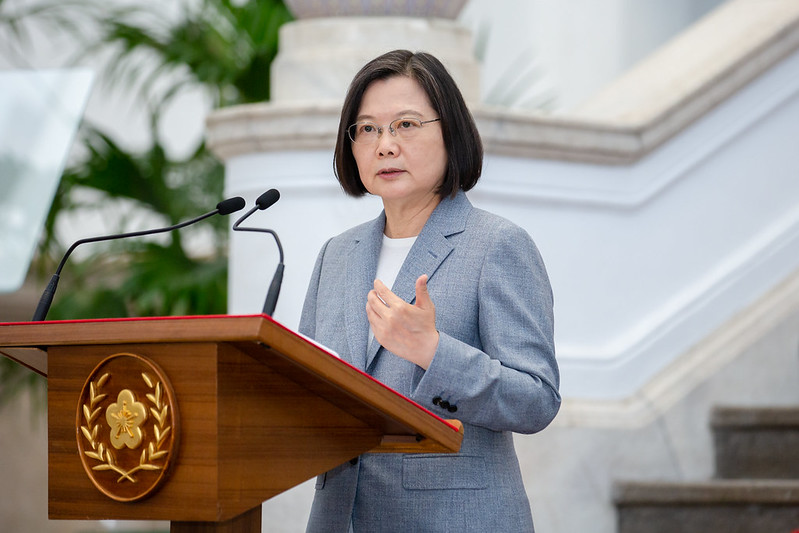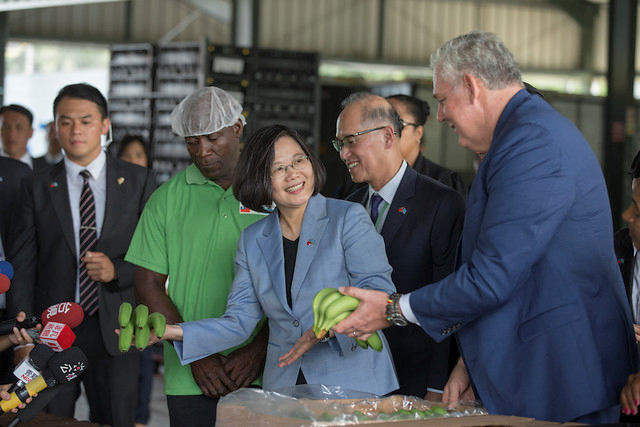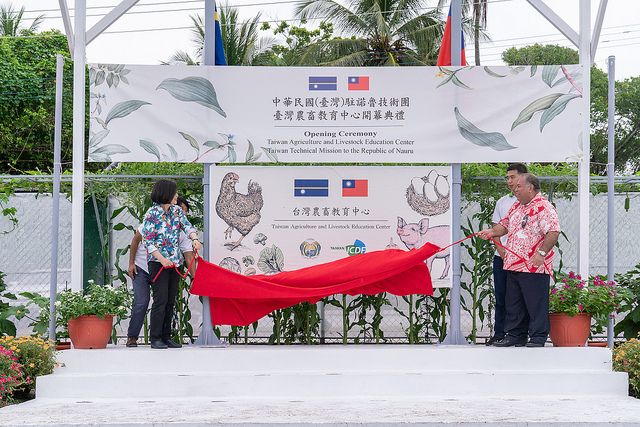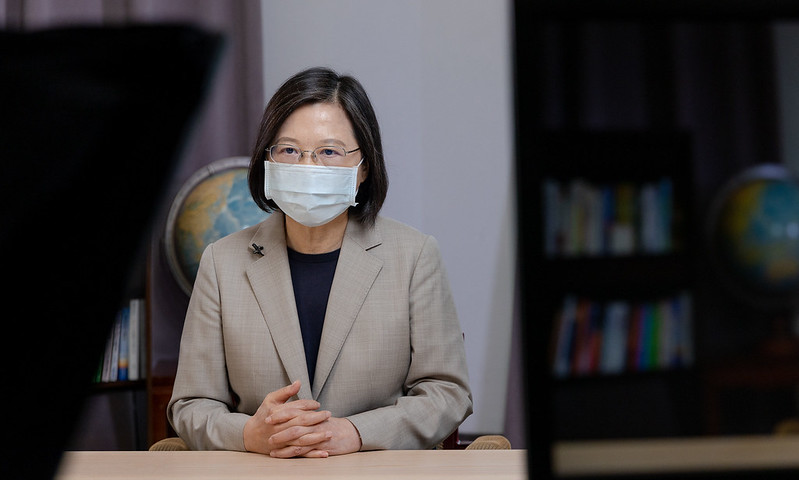News & activities
 News releases
News releases
On the morning of October 6, President Tsai Ing-wen delivered remarks via video at the Food and Fertilizer Technology Center for the Asian and Pacific Region (FFTC) 50th Anniversary and Symposium. In her remarks, President Tsai said that by deepening collaboration with global partners to build a more sustainable and resilient agricultural sector, FFTC will continue to generate creative solutions to climate change, disease, and other challenges facing farmers throughout the region and the world.
A transcript of President Tsai's remarks follows:
Let me begin by wishing a very happy belated 50th anniversary to the Food and Fertilizer Technology Center for the Asian and Pacific Region.
FFTC was established in Taipei in 1970, with Taiwan as one of its founding members. On behalf of Taiwan, I want to take this opportunity to thank our fellow FFTC member countries Japan, Korea, the Philippines, and Vietnam, as well as partner countries Australia, Indonesia, New Zealand, Malaysia, and Thailand for their longstanding support.
For half a century, FFTC has worked to collect and share information on agricultural technologies and policies, in order to empower small farmers across the region. The center has made vital contributions to our common goals of increasing agricultural productivity, raising farmers' incomes, advancing sustainable development, and ensuring food security.
In recent years, FFTC has also actively promoted the adoption of smart agriculture systems. I am confident that these systems will make our farmers and agricultural sector more resilient in the face of natural disasters and disease.
At this moment, agricultural agencies worldwide are facing the dual challenges of climate change and the COVID-19 pandemic. By deepening collaboration with global partners to build a more sustainable and resilient agricultural sector, FFTC will continue to generate creative solutions to these pressing challenges.
Taiwan will continue to be an active supporter of FFTC and its work, while collaborating closely with all member and partner countries. Together, we will make even greater contributions to the future of agriculture and the welfare of farmers across the Asia-Pacific.
Once again, congratulations to FFTC on your 50th anniversary, and I wish you all a successful symposium. Thank you.
